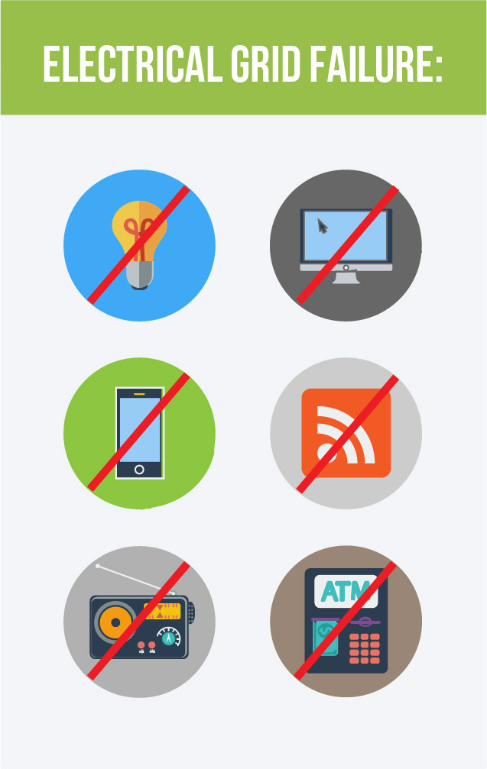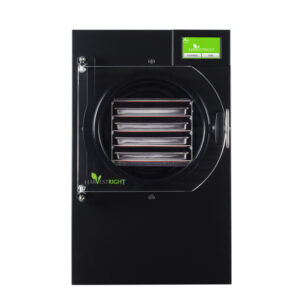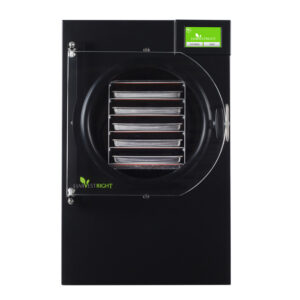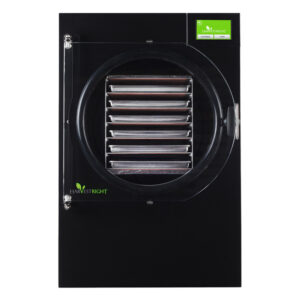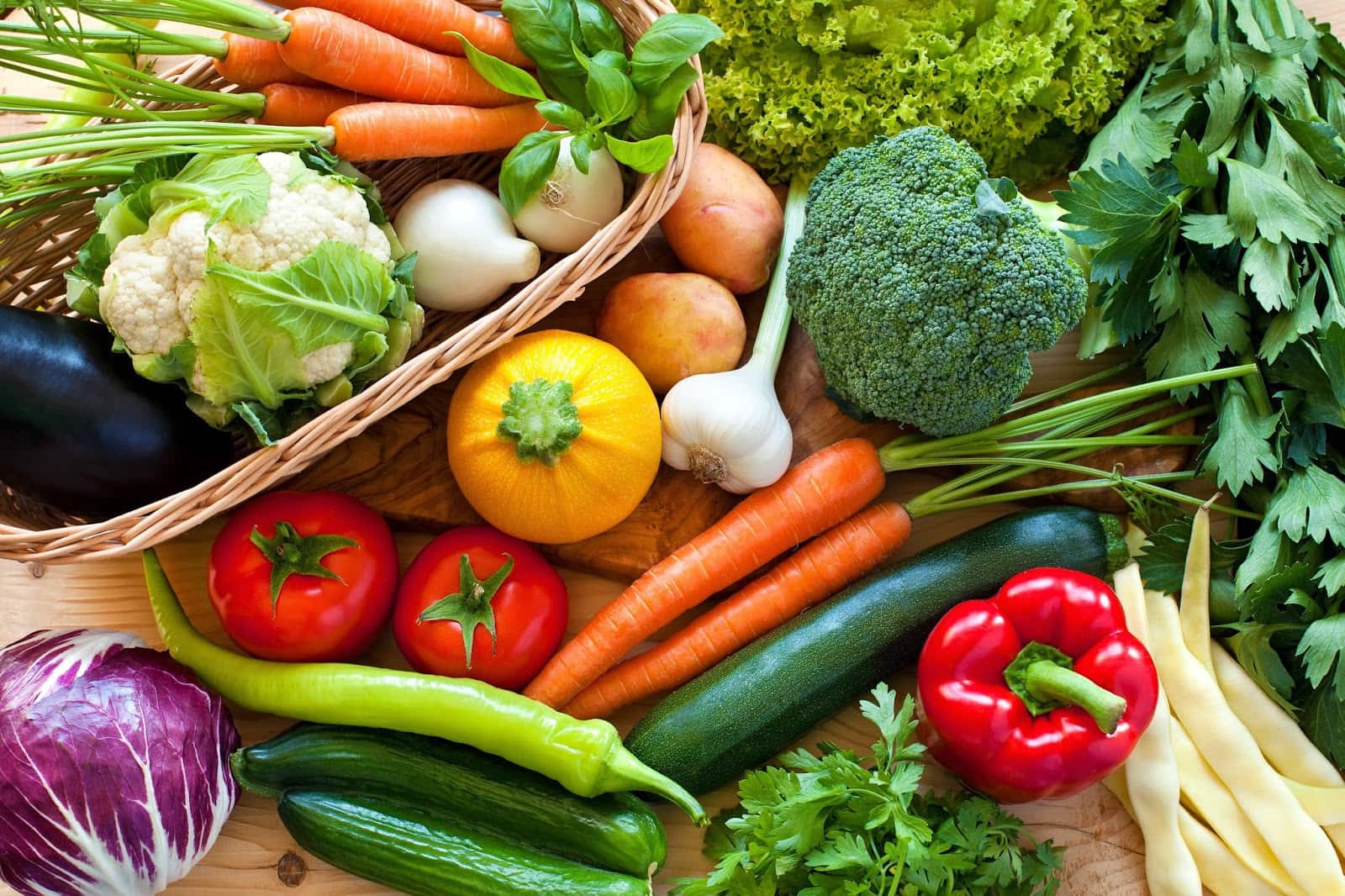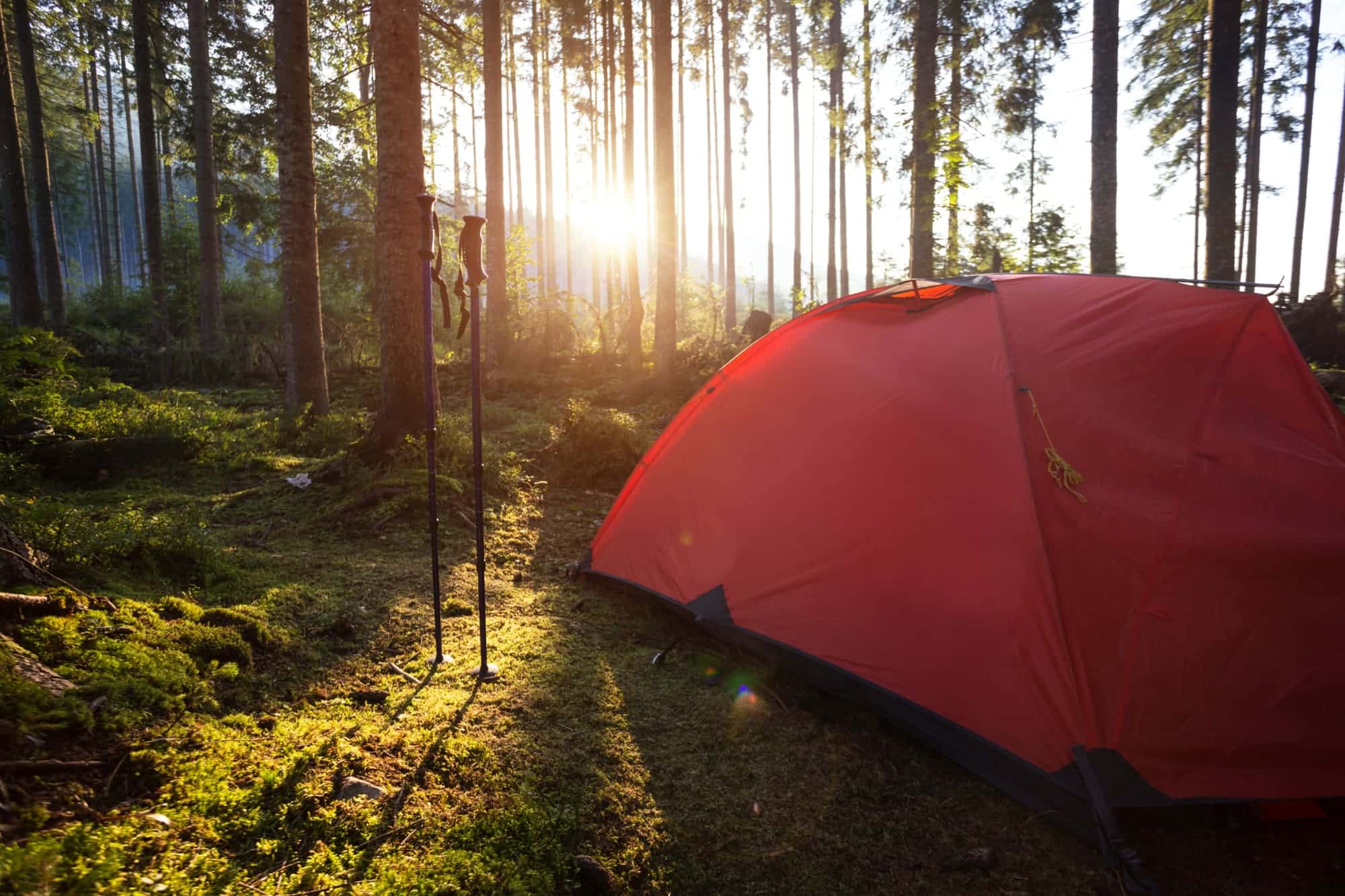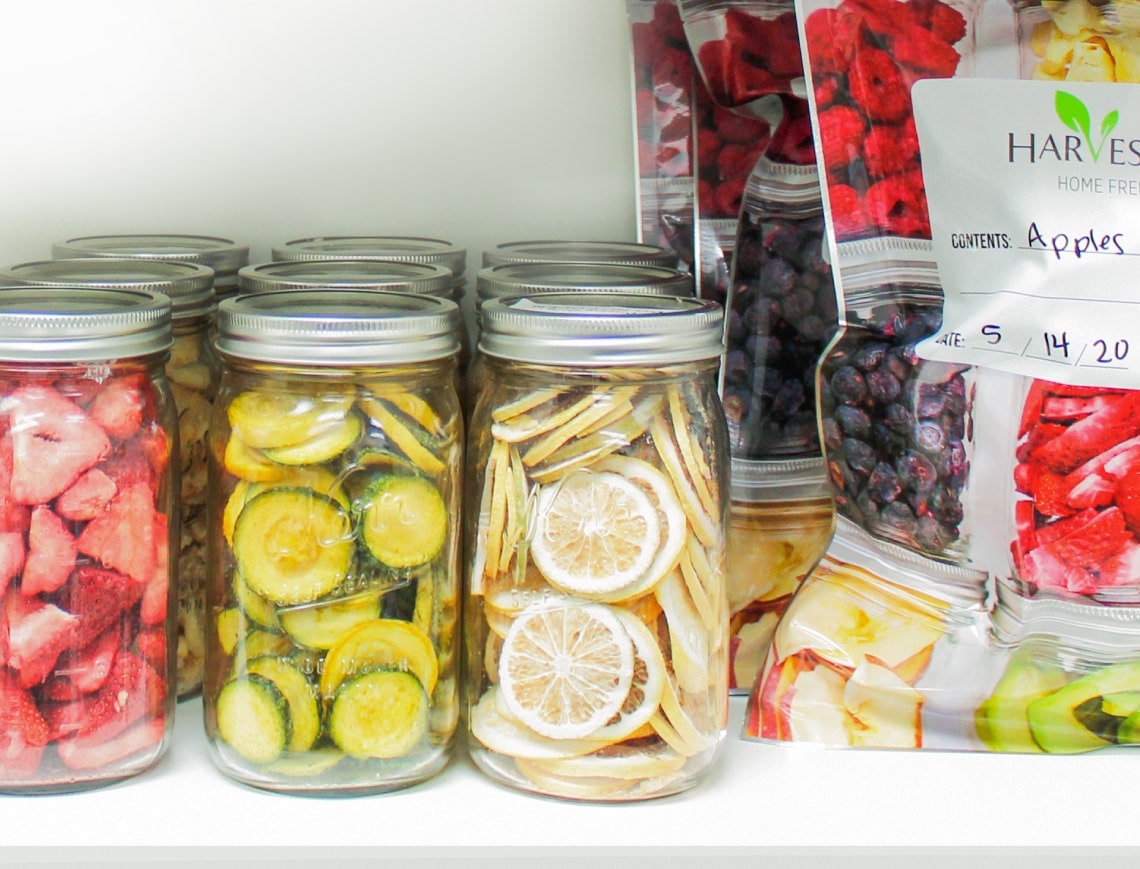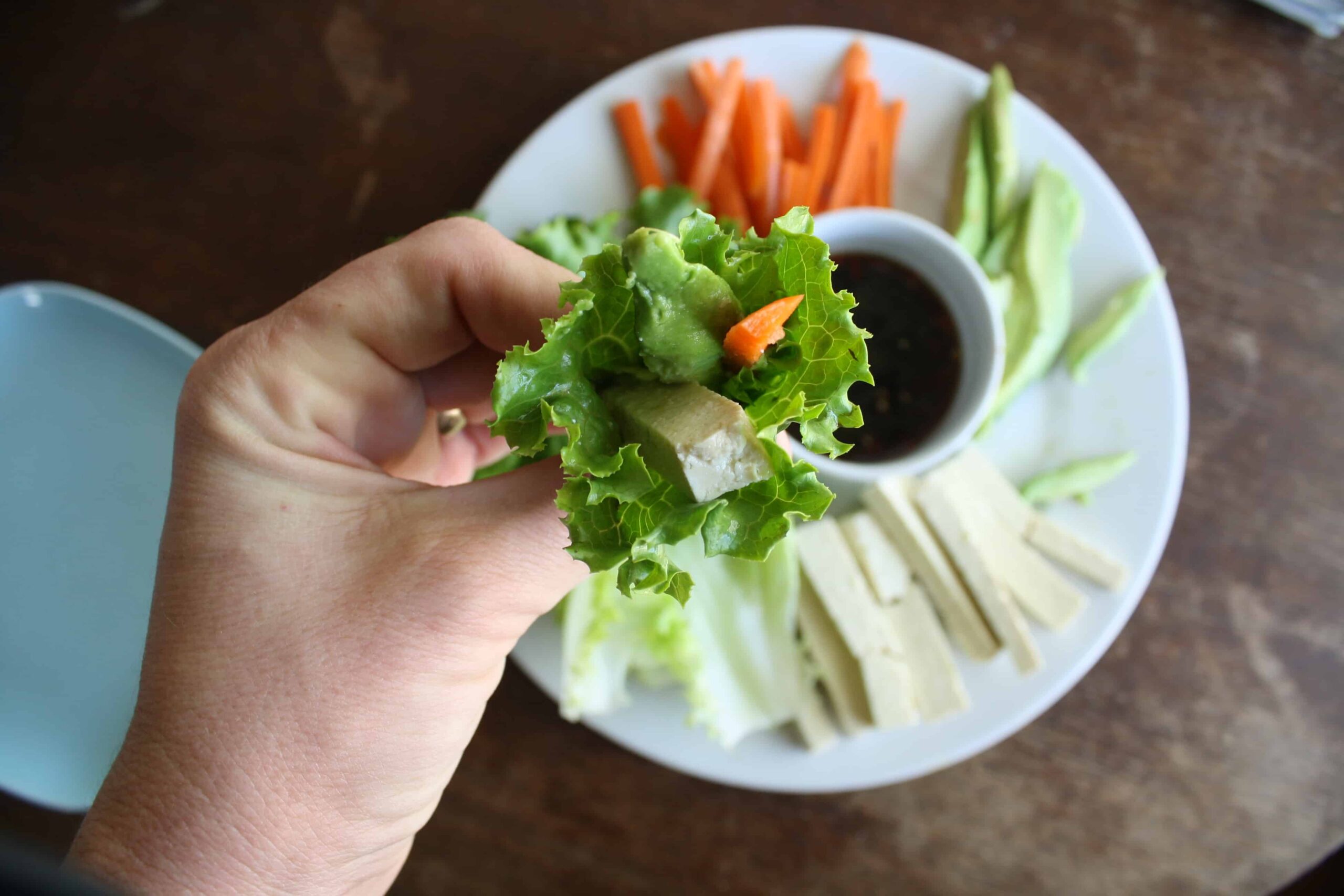Below is a chart that shows just how much it costs to freeze dry your own food at home versus buying it on-line or from a store.
Although store-bought emergency food will keep a person alive, it may not be the healthiest food for your family. It is usually made from dehydrated noodles or rice along with small amounts of freeze-dried vegetables and meat. These meals have very little variety and are always full of salt and food additives that we know are not good for us.
Harvest Right knew and believed that the world needed a better way to be prepared for whatever might come. The Home Freeze Dryer is an amazing appliance that insures you have the best and least expensive way to preserve healthy, nutritious, and delicious food to sustain your family next week or in the years to come.

